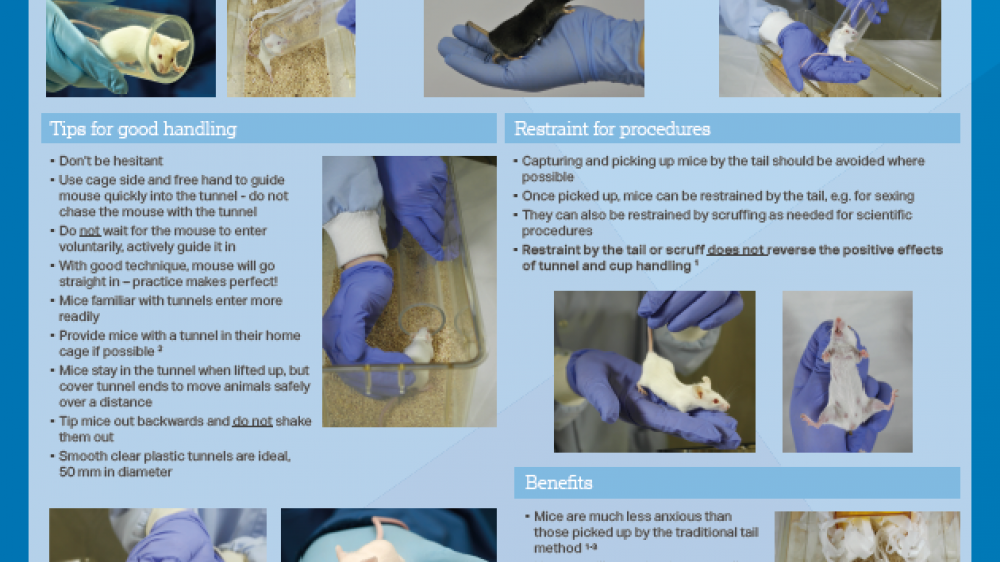Promoting an institution-wide commitment to animal welfare.
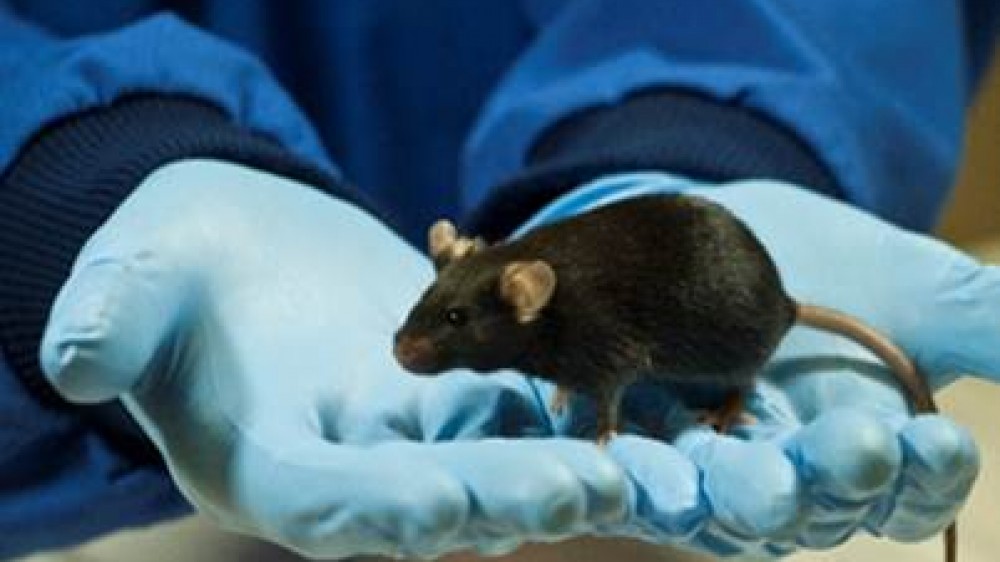
Promoting an institution-wide commitment to animal welfare.

Dr Megan LaFollette (NA3RsC) presents rat tickling as a positive handling technique and provides guidance on putting it into practice.
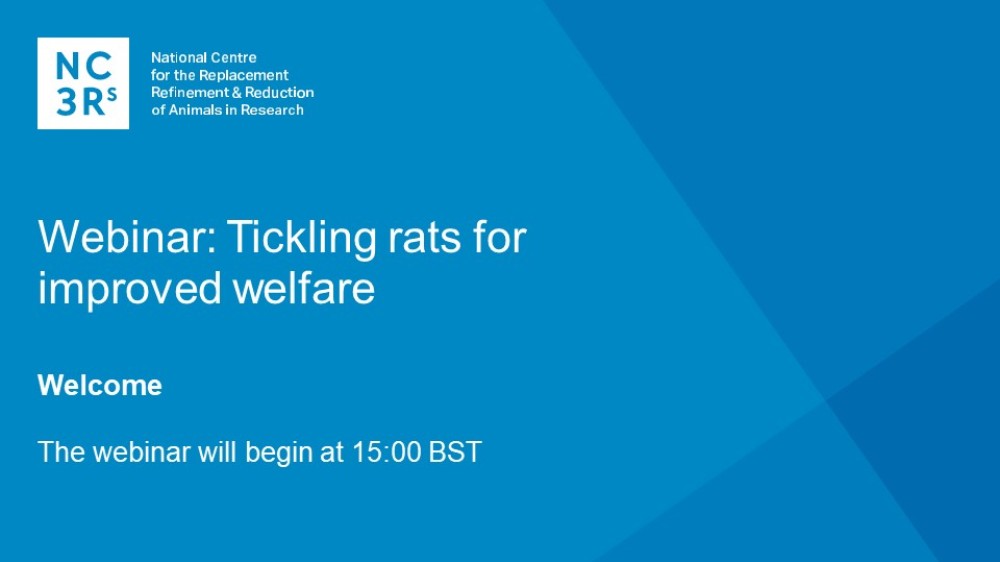
A flyer providing tips in English, Spanish, French and German, as well as links to further resources.
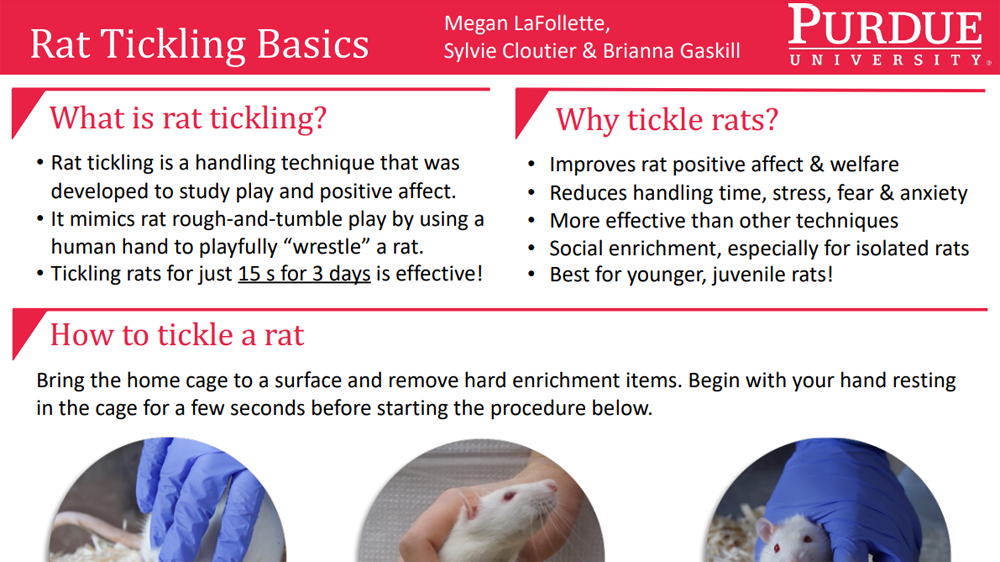
Guidance on the transport of laboratory animals, including non-human primates.
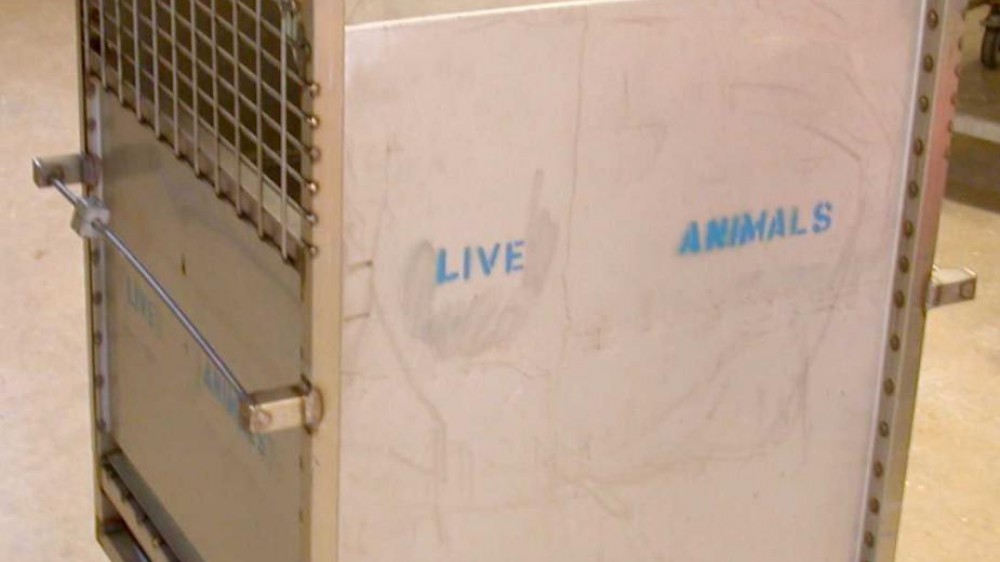
Definition of key terms used in breeding and colony management.
Specifically around re-starting breeding and animal experiments after a pause (e.g. work with mice after the COVID-19 lockdown).

Intermittent breeding should be used instead of constant mating to avoid unnecessary wastage of animals, whilst retaining the ability to breed an
A dedicated website with resources for everyone who works with, or is interested in, laboratory macaques.
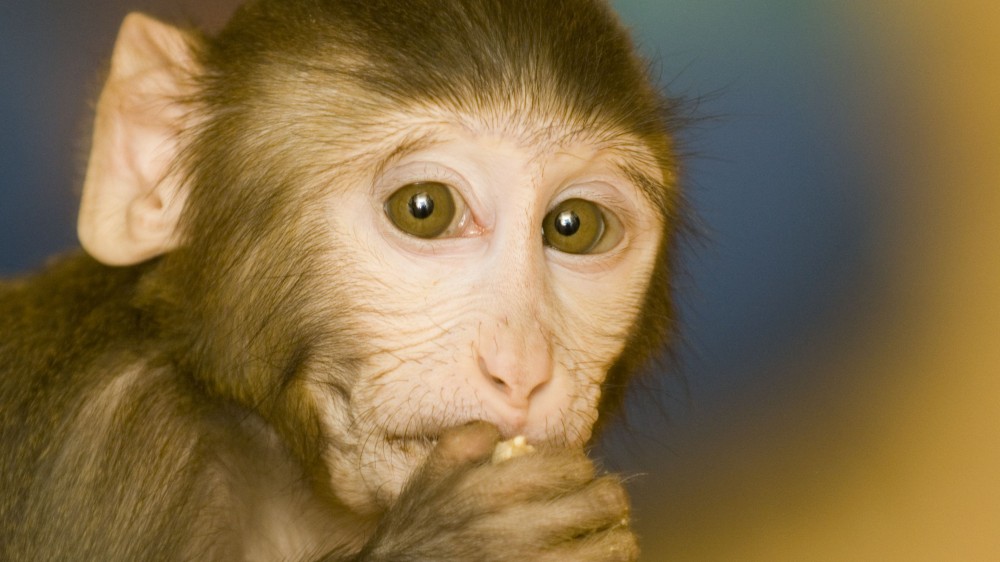
For answers to more specific questions about colony management or breeding difficult strains you can email our dedicated advice service.

Learn more about why the single use of needles should be standard practice and how to implement this in your facility.
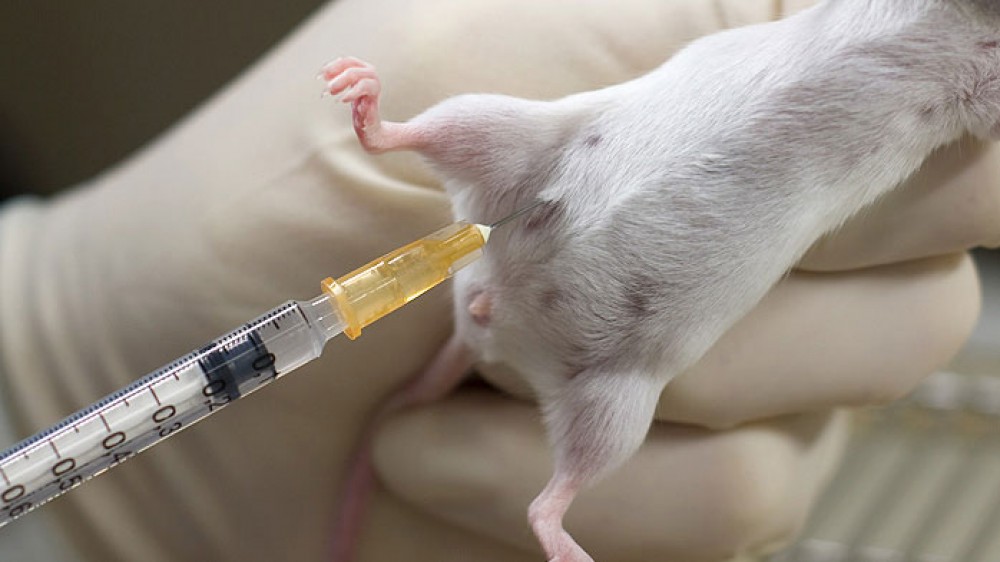
Hear from champions based at facilities around the UK who have successfully implemented non-aversive mouse handling methods.
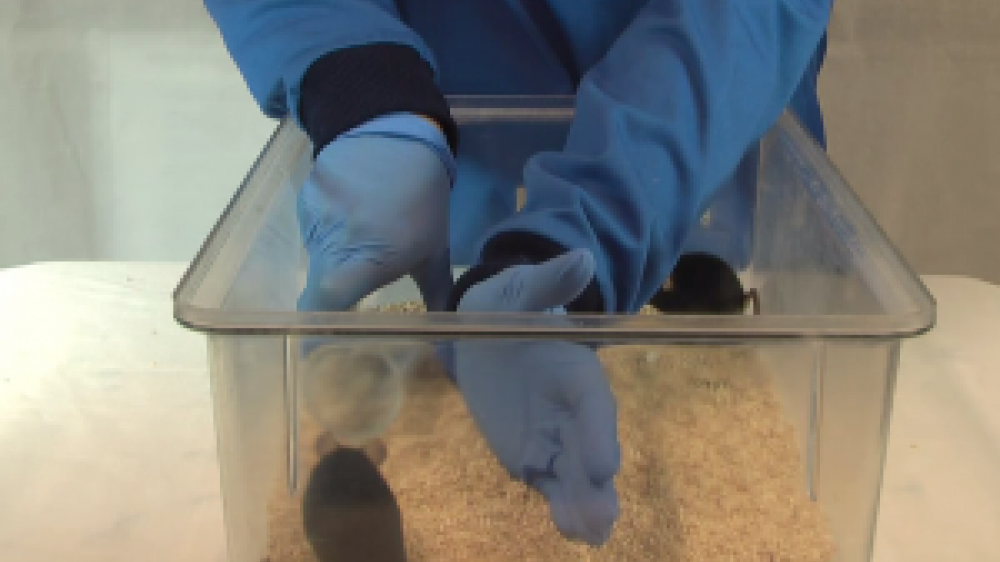
This joint NC3Rs/NA3RsC webinar explores how compassion fatigue can affect the mental wellbeing of animal care staff.
How to recognise and prevent pain, suffering and distress in laboratory animals.
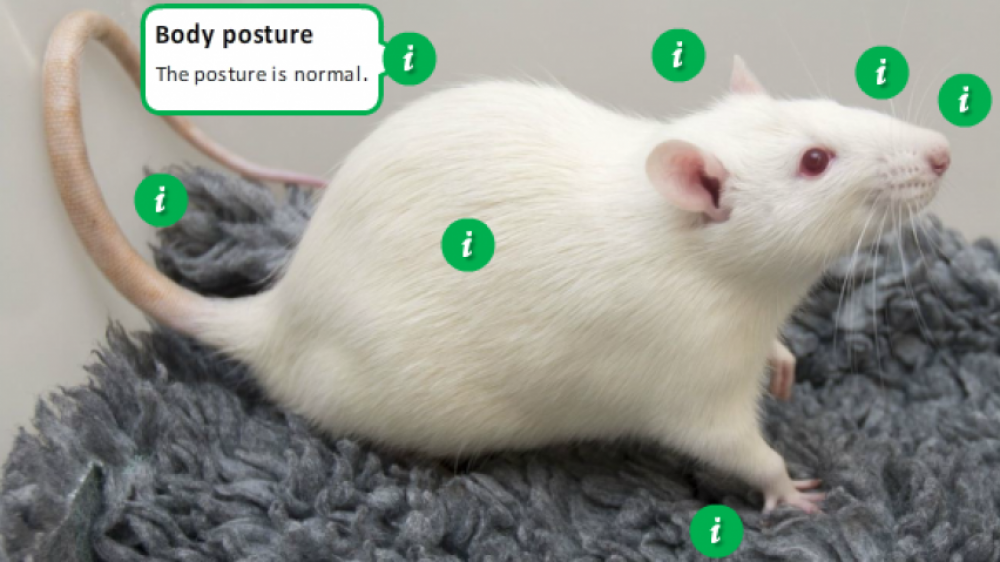
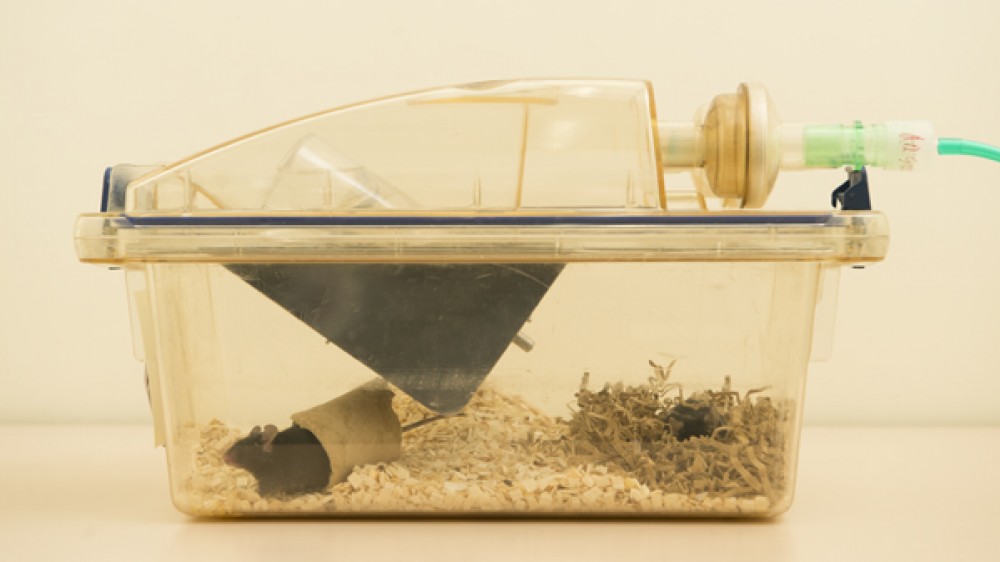
Ensuring best practice in anaesthesia for minor procedures.
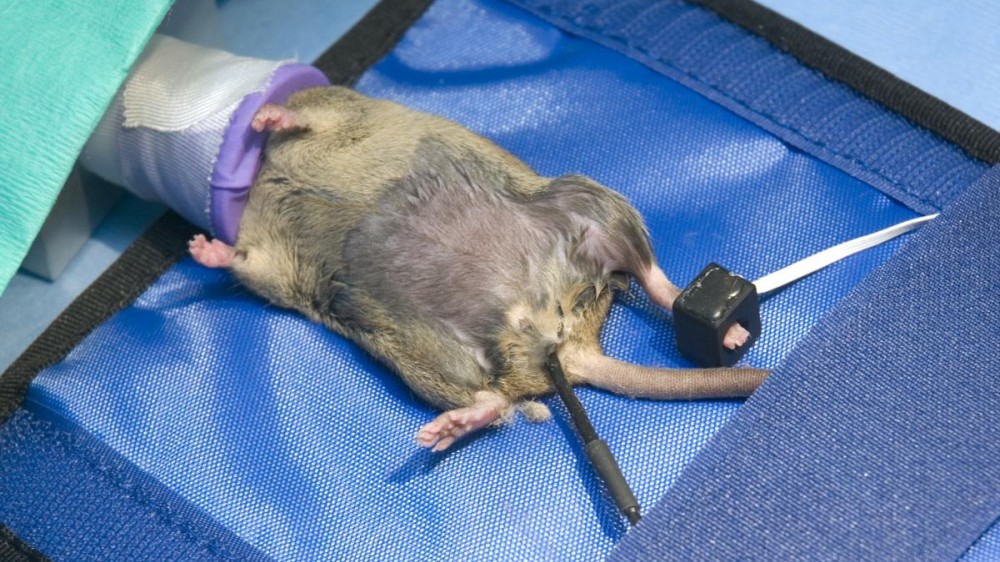
Factors to consider prior to anaesthesia of laboratory animals.
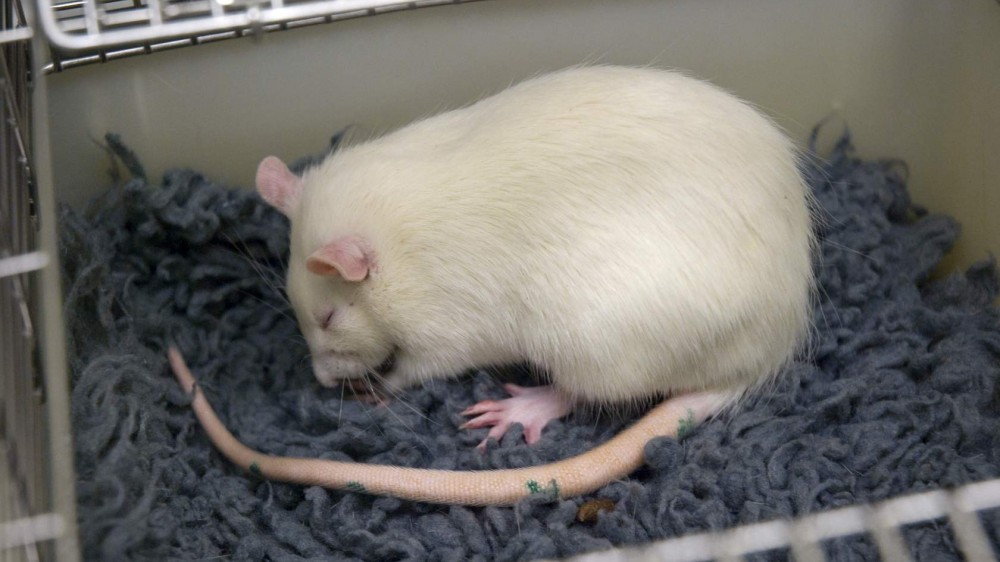
How to choose appropriate anaesthetic agents and regimens.
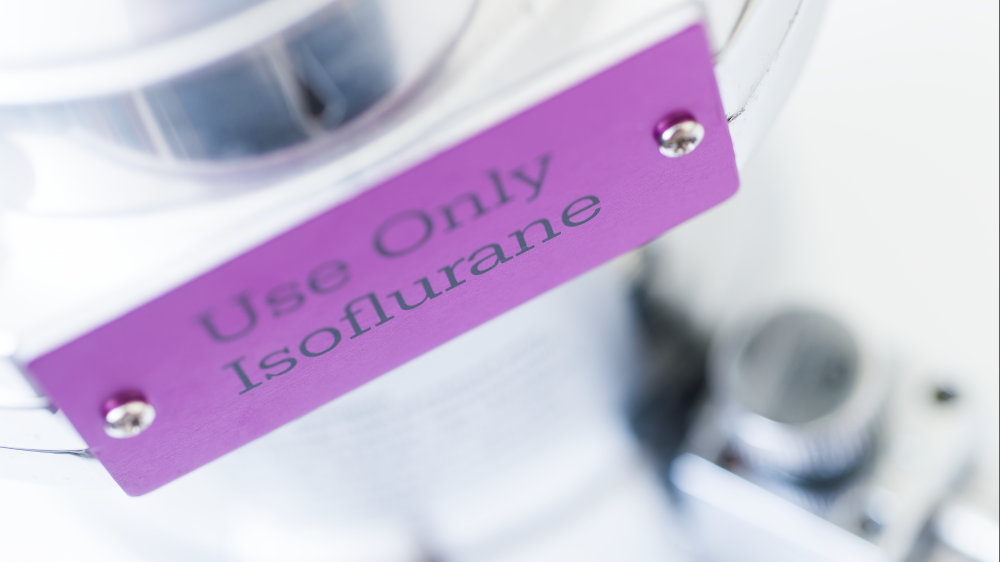
Why and how to monitor anaesthetised animals.
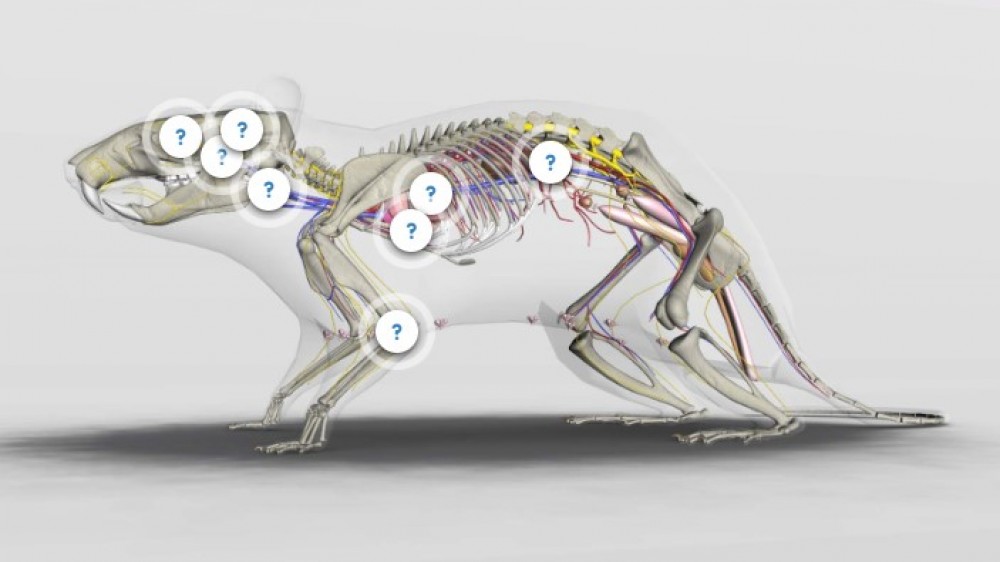
Use of different anaesthetic breathing systems, airway management, and neuromuscular blocking drugs.
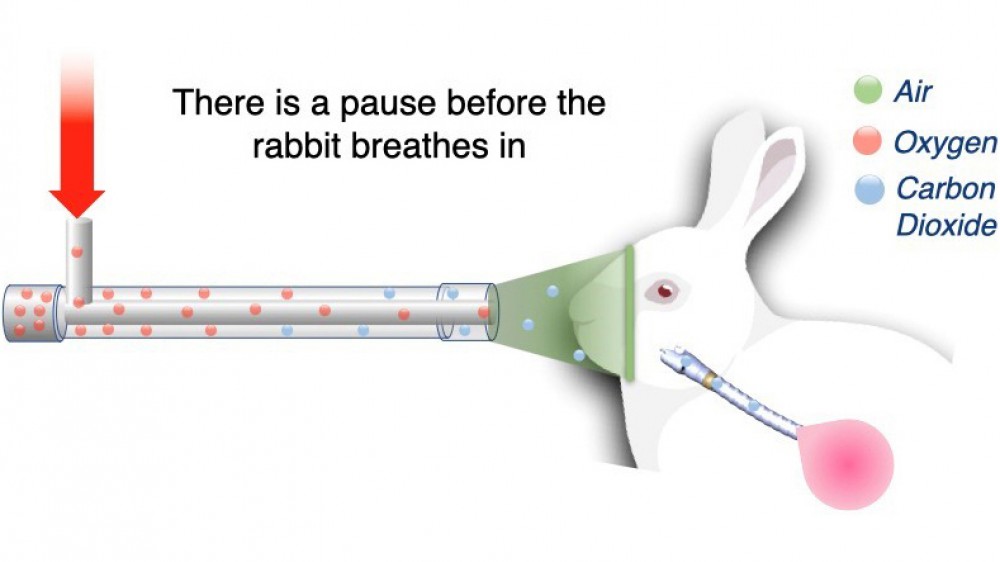
Managing anaesthesia and what can be done to prevent problems.
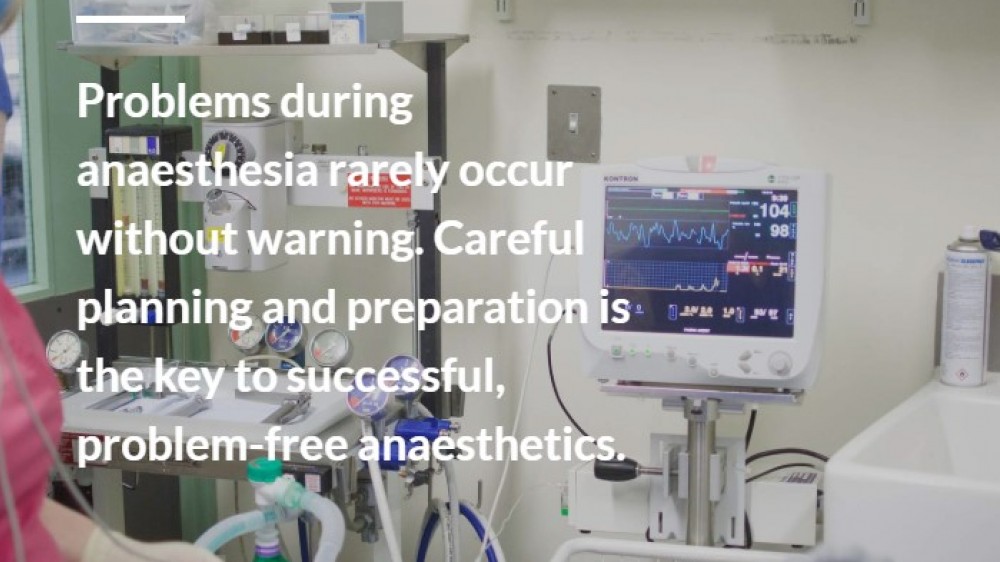
Recovery from anaesthesia and post-anaesthetic support.
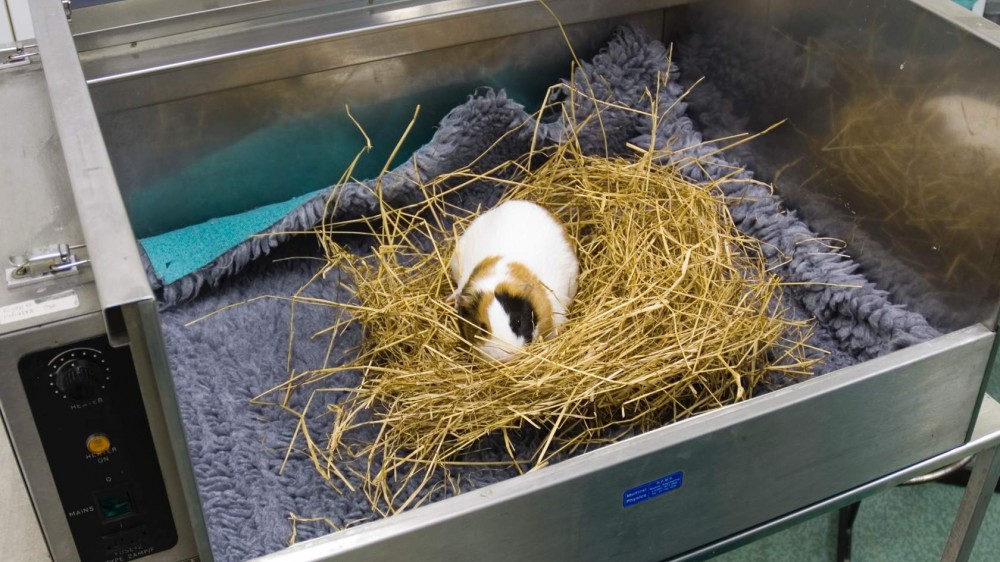
Post-operative pain relief for laboratory animals, including selecting and using analgesics.
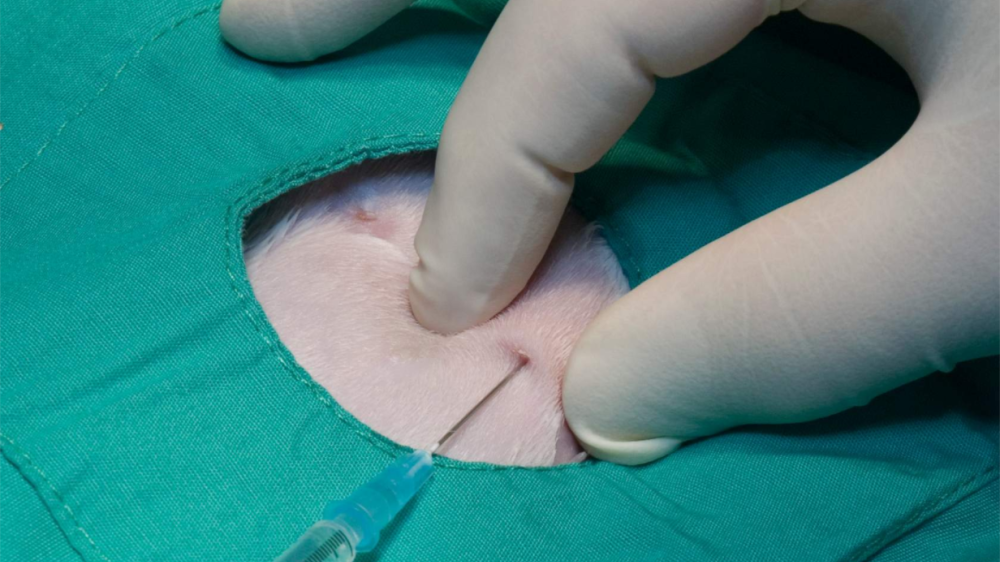
Recognising pain and assessing its severity in laboratory animals following surgery.
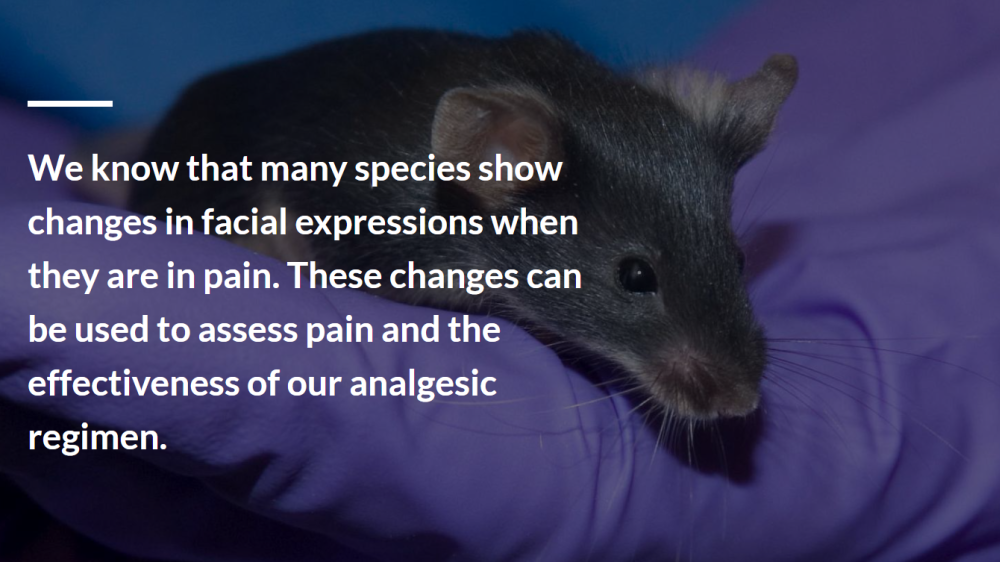
To support the adoption of non-aversive methods for picking up mice, we have produced an A2-sized poster for display.
